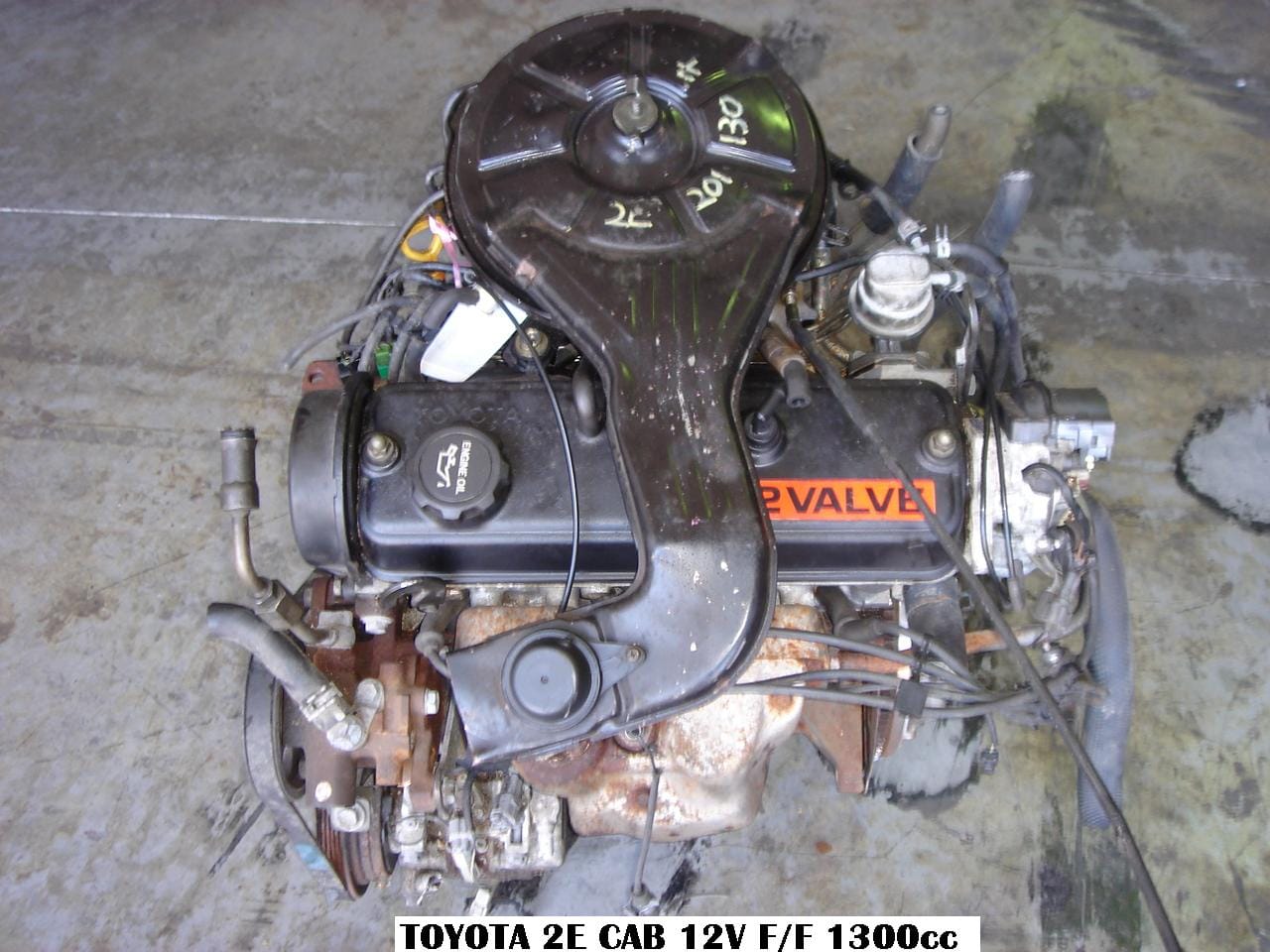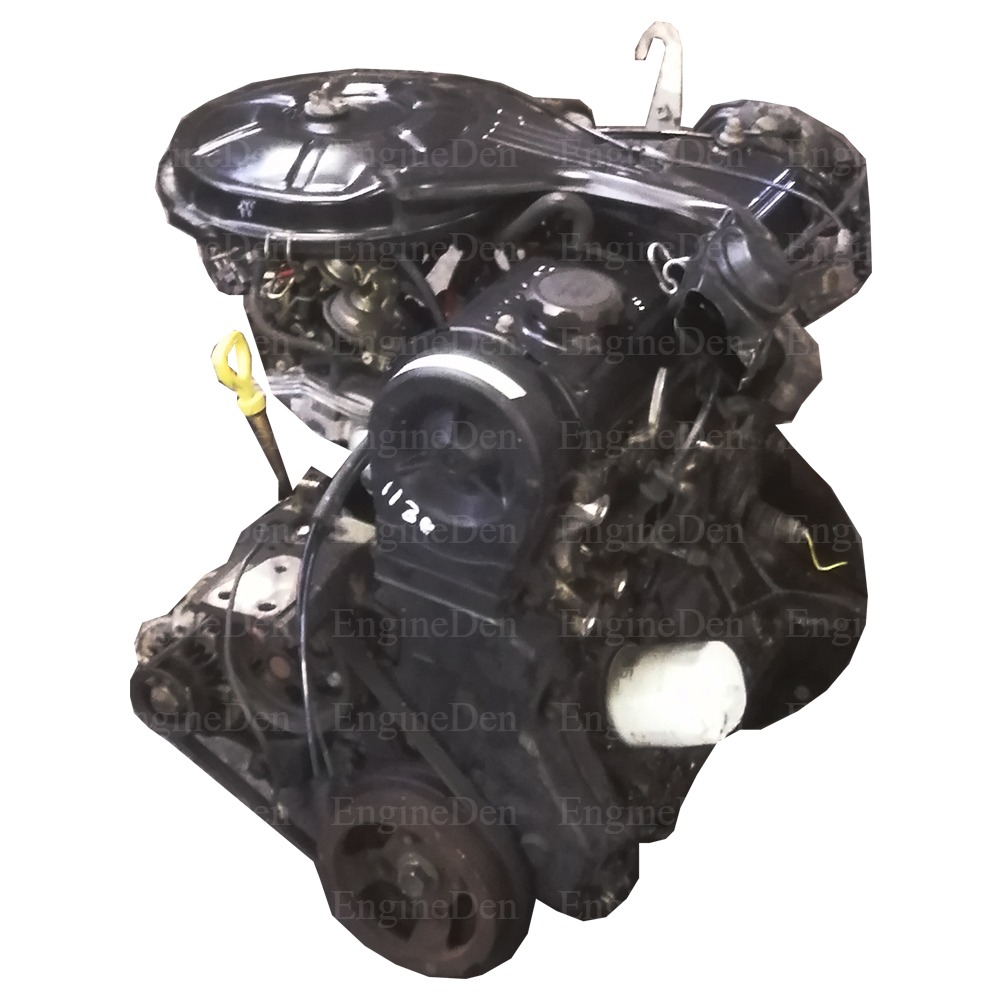Transform Your Vehicle: Toyota Tazz Engine for Sale at Unbeatable Prices
Transform Your Vehicle: Toyota Tazz Engine for Sale at Unbeatable Prices
Blog Article
Engine Purchasing Professional Tips on Choosing the Right Engine for Your Specific Needs
Choosing the right engine for your specific requirements entails a complex interaction of aspects that go beyond simple horse power numbers. By delving right into the details of power versus efficiency, examining gas ratings, and budgeting for long-lasting prices, one can absolutely enhance their engine selection.
Power Vs. Performance: Discovering the Balance

When picking an engine, it is crucial to strike an equilibrium in between power and effectiveness to fulfill your particular requirements efficiently. Power refers to the engine's capability to generate power for propulsion, identifying elements like velocity, lugging capability, and overall efficiency (Toyota Tazz Engine For Sale). On the various other hand, efficiency connects to how well the engine uses gas to create power, affecting factors such as gas economy and environmental friendliness
Achieving the appropriate equilibrium between power and performance is essential because an engine that is also powerful might take in excessive fuel, leading to greater operating costs and unnecessary strain on the setting. Conversely, an engine that focuses on efficiency over power might result in slow efficiency, particularly in requiring circumstances like lugging heavy tons or driving uphill.
To make an informed decision, consider elements such as your common driving conditions, the desired use of the automobile, and your individual choices. By reviewing your priorities and demands, you can choose an engine that strikes the excellent equilibrium between power and performance, guaranteeing ideal efficiency while minimizing environmental effect and operating expense.
Understanding Engine Size and Kind

Additionally, engine type plays a vital duty in determining the performance qualities of an engine. Common engine kinds consist of inline engines, V engines, and rotating engines, each with its distinct benefits and downsides. The engine type impacts elements such as the engine's size, weight distribution, and power delivery. Recognizing the interaction between engine dimension and kind is crucial in choosing an engine that aligns with your specific demands and concerns, whether it be power, efficiency, or an equilibrium of both.
Consider Your Car's Demands
Considering your car's needs is an essential action in the engine selection process to make certain optimal efficiency and functionality. It is important to examine factors such as the meant use of the automobile, its weight, towing capability, and gas effectiveness demands. If you are looking for an engine for a heavy-duty vehicle that will certainly be used for towing, you will certainly require a powerful engine with high torque abilities. On the various other hand, if you are selecting an engine for a small auto mainly utilized for city travelling, fuel efficiency might be an more extra critical element to take into consideration.

Evaluating Fuel Performance Scores
Examining fuel efficiency ratings is an important element of choosing the best engine for your vehicle, ensuring price financial savings and ecological sustainability. Fuel efficiency ratings, commonly determined in miles per gallon (MPG) for gasoline engines or kilowatt-hours per 100 miles (kWh/100 miles) for electrical engines, show just how far a car can take a trip on a certain amount of fuel or electricity. Higher MPG or reduced kWh/100 miles worths symbolize more reliable engines, translating to lowered gas costs and reduced carbon discharges.
When examining fuel effectiveness rankings, consider your driving demands and practices. An extremely fuel-efficient engine can result in significant cost savings over time if you commute long distances daily. In addition, compare different engine alternatives within the very same lorry class to identify one of the most cost-effective selection. Elements such as engine dimension, weight, aerodynamics, and crossbreed or electric capacities can all influence gas performance.
Budgeting for Long-Term Expenses
Tactically intending for long-lasting expenditures is essential when choosing an engine, making certain financial sustainability over the automobile's life-span. While the initial purchase rate of an engine is a substantial factor, it is vital to consider the long-lasting prices related to upkeep, repairs, and fuel intake. Choosing a much more fuel-efficient engine might have a higher ahead of time cost but can lead to considerable cost savings over time. Regular maintenance, such as oil changes, filter replacements, and tune-ups, is crucial to keep the engine running smoothly and efficiently, minimizing the threat of costly repair work down the line.
In addition, researching the availability and expense of replacement components for the chosen engine is crucial in budget planning. Engines with readily offered and economical components can considerably impact lasting maintenance expenses. In addition, thinking about the engine's toughness and expected life-span can help stay clear of unexpected substitute expenses in the future. By carefully budgeting for these lasting costs and factoring them right into the decision-making process, people can choose an engine that not only satisfies their immediate demands but additionally stays cost-effective throughout its life-span.
Verdict
Finally, picking the right engine for your specific go to the website needs needs stabilizing power and efficiency, comprehending engine dimension and kind, considering your vehicle's demands, assessing fuel effectiveness rankings, and budgeting for lasting costs. By very carefully taking into consideration these factors, you can make certain that you choose an engine that satisfies your requirements and gives optimum performance for your car.
To even more fine-tune the selection process of an engine that strikes the optimal balance between power and effectiveness, it is crucial to delve into the ins more helpful hints and outs of recognizing engine dimension and kind. Engine size refers to the complete volume of air and fuel that can be pushed through the engine cylinders. Typical engine types consist of inline engines, V engines, and rotary engines, each with its unique benefits and drawbacks. Comprehending the interaction between engine size and kind is important in choosing an engine that aligns with your specific needs and concerns, whether it be power, effectiveness, or a balance of both.
Gas effectiveness rankings, generally measured in miles per gallon (MPG) for fuel engines or kilowatt-hours per 100 miles (kWh/100 miles) for electrical engines, indicate exactly how much an automobile can travel on a specific amount of gas or power.
Report this page